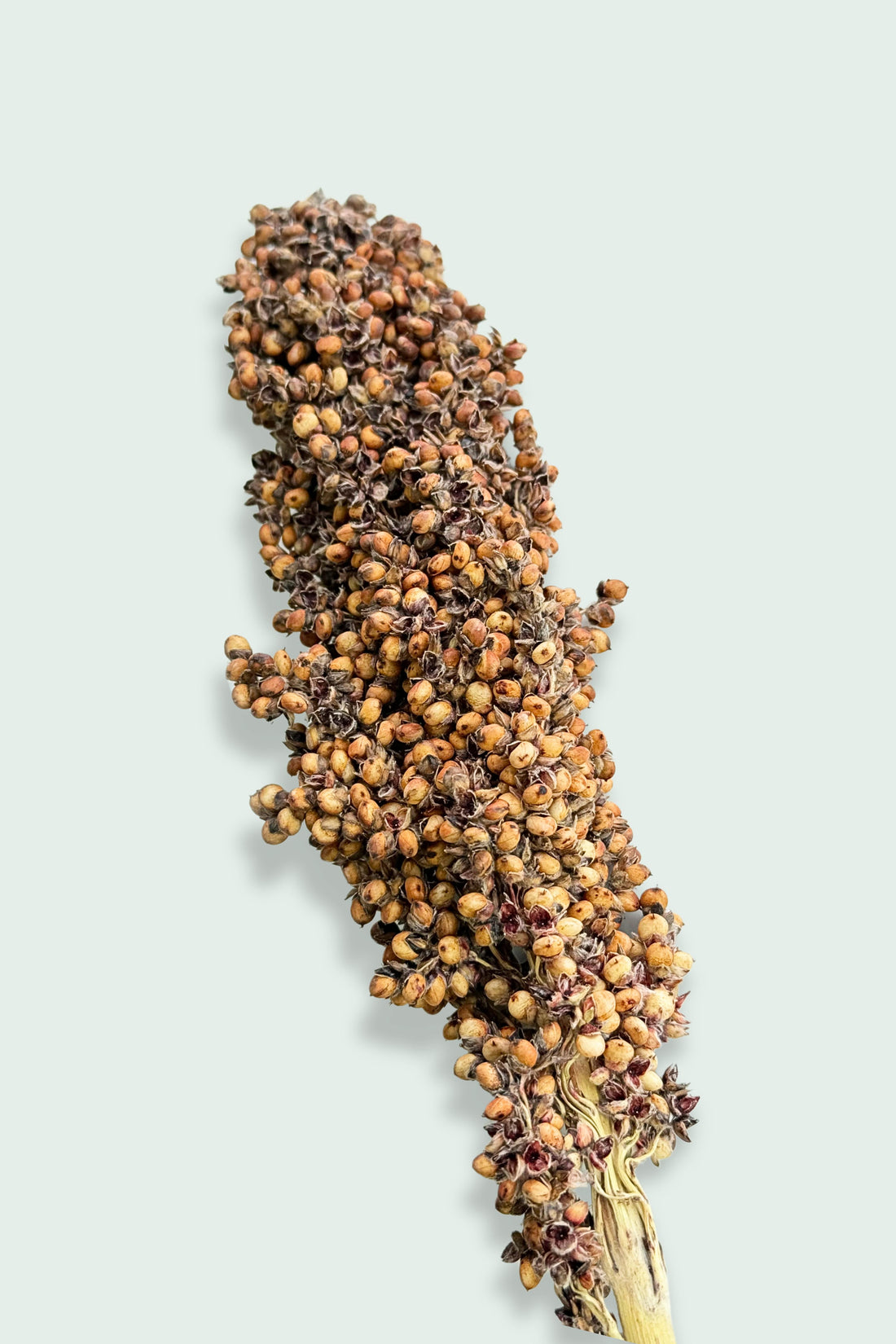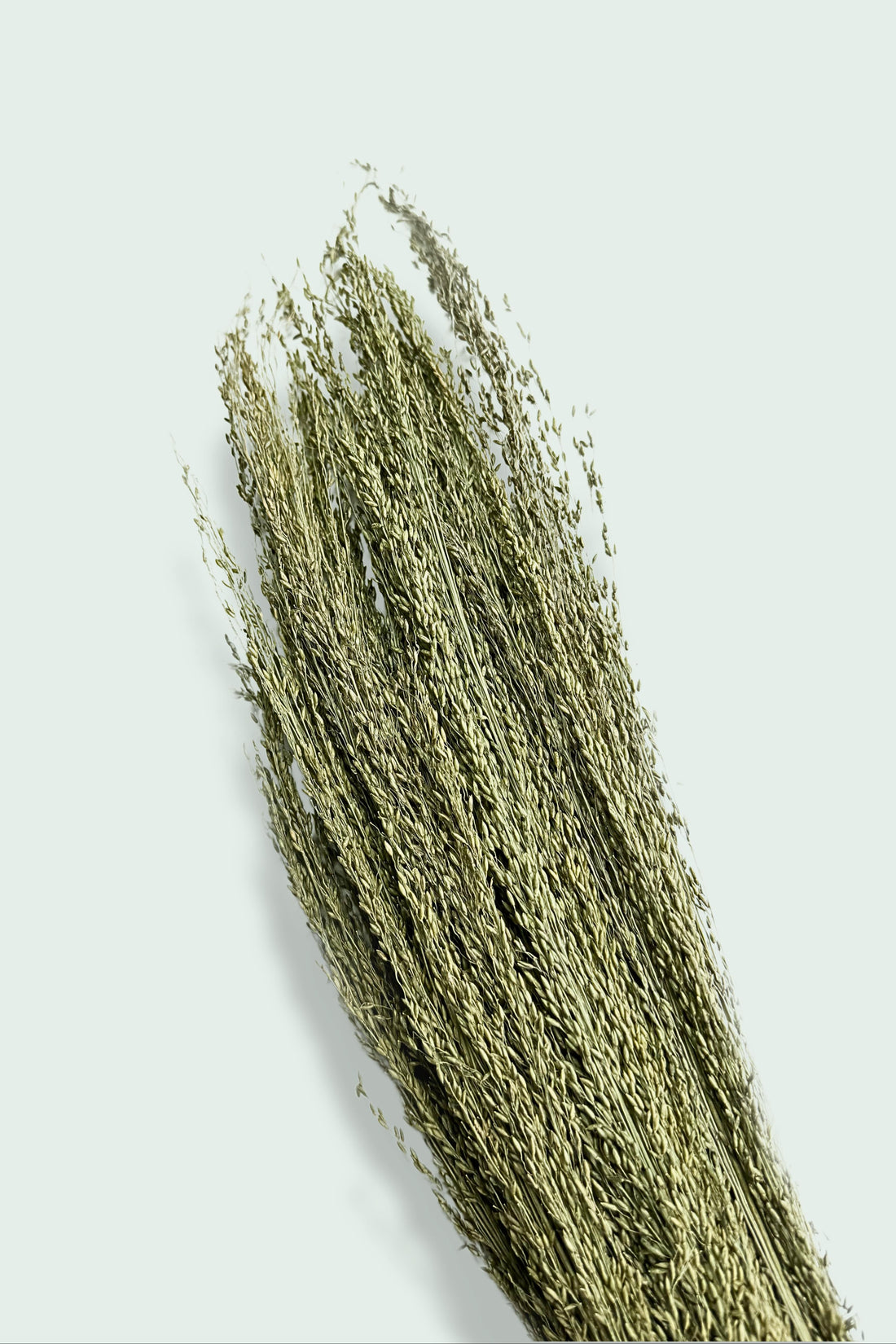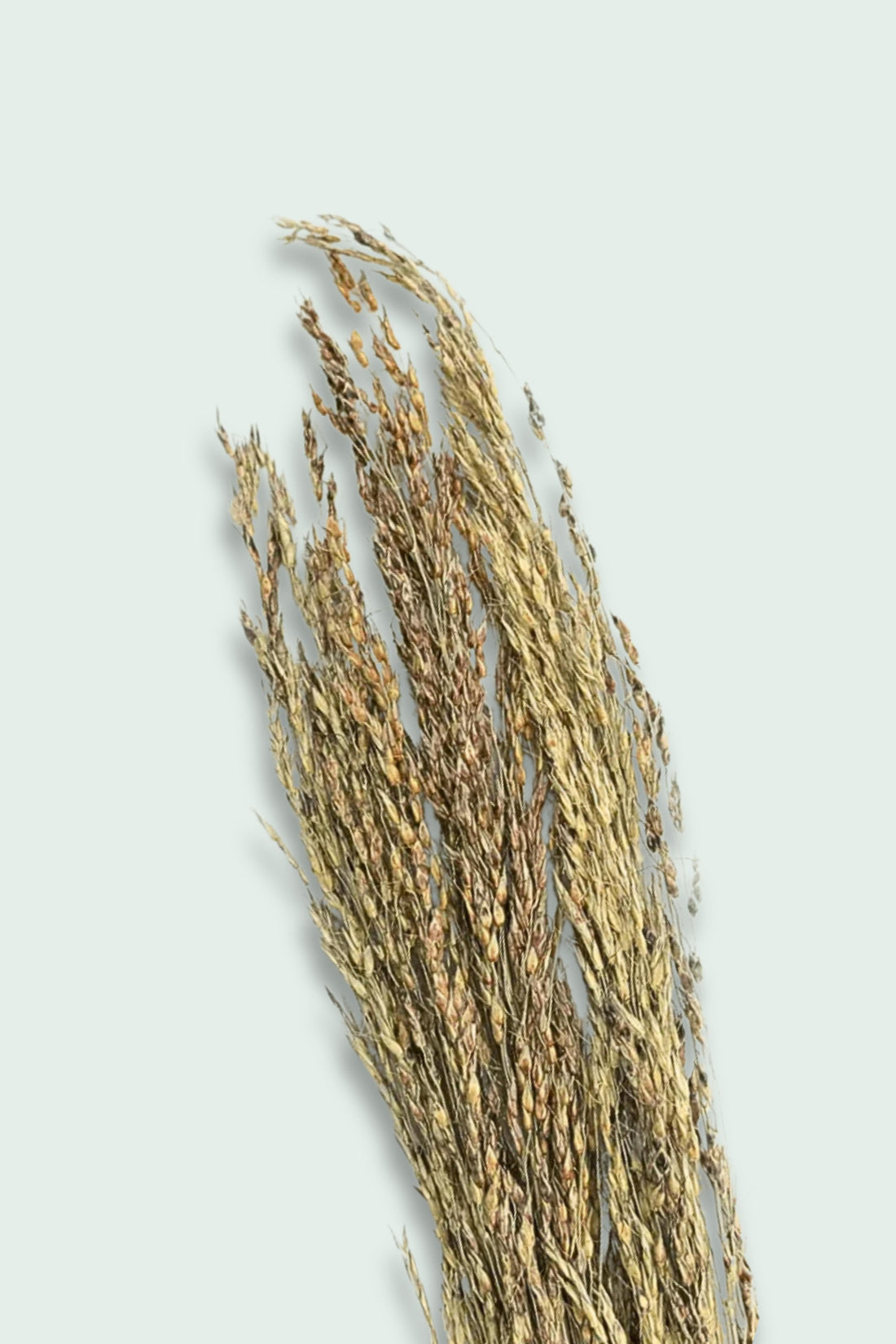If you’re considering a unique, intelligent, and active small animal, the degu rodent pet might be for you. Native to Chile, degus (Octodon degus) are increasingly popular among exotic pet lovers. But before welcoming one home, it’s essential to understand both the pros and cons of keeping a degu as a pet. This guide will help you decide if a degu is the right companion for your lifestyle.
🐾 What is a Degu?
The Octodon degu, commonly known as a degu, is a highly social and intelligent rodent native to Chile. These small mammals are part of the same family as chinchillas and guinea pigs, and they’re quickly gaining popularity in the pet world—especially among people seeking a daytime-active companion.
Visually, degus resemble a mix between a gerbil and a miniature chinchilla, with soft brown fur, a long tail with a tuft at the end, large alert ears, and expressive round eyes. But beyond their adorable appearance, what truly sets the degu rodent pet apart is its engaging personality.
Degus are known for being incredibly curious, energetic, and interactive. They love to dig, climb, explore tunnels, and engage with their surroundings. Because of their diurnal nature (meaning they are active during the day), degus make excellent pets for families, children (over 10 years old), and anyone who wants to enjoy their pet’s activity when they’re home and awake—not at night like hamsters or mice.
As social animals, degus thrive in same-sex pairs or small groups and can become deeply bonded with both their fellow degus and their human caretakers. When raised with regular, gentle handling, degus can recognize voices, respond to names, and even vocalize in unique squeaks, chirps, and whistles—each with its own meaning.
🛒 Want to set up a natural habitat for your degu? Browse Moony Paw’s Degu Collection featuring dried sprays, chews, treats, and forage mixes designed to support a degu’s foraging instincts and natural behaviors.
✅ Pros of Having a Degu as a Pet
1. 🧠 Highly Social and Bonding
One of the biggest reasons to consider a degu as a pet is their deeply social nature. Degus aren’t solitary like hamsters—they’re incredibly community-oriented. In the wild, they live in large colonies, and in captivity, they thrive when housed in same-sex pairs or bonded groups. Keeping just one degu can lead to loneliness, depression, and behavioral issues.
With gentle and consistent interaction, degus can form strong bonds with their humans. Many owners report that their degus learn to recognize their voice, come when called, or even respond to simple cues. They’ll often climb onto your hand, sit on your shoulder, or take treats straight from your palm.
🛒 Want to create the perfect setup for social bonding? Shop the Degu Collection
2. 🐾 Entertaining to Watch
A degu rodent pet is a true source of entertainment. These small animals are bursting with energy and love to explore, dig, chew, and climb. Watching a degu interact with its environment is both calming and fascinating—they’ll busily rearrange their bedding, nibble on dried sprays, and zip through tunnels.
To keep them mentally and physically stimulated, offer rotating accessories and enrichment tools. A bored degu can become destructive, but a stimulated one will thrive.
🧺 Try these boredom busters from Moony Paw:
3. 🎓 Trainable and Smart
Degus are surprisingly intelligent for small rodents. They can learn simple tricks, respond to names, and even be trained with a clicker. Teaching them to step up onto your hand, run through tunnels, or spin in a circle is not only possible—it’s encouraged.
Use treats like Goji Berries or Peanuts as positive reinforcement. Just be sure to avoid anything sugary, as degus are prone to diabetes.
4. 🛁 Naturally Clean Animals
Degus are self-grooming and take dust baths multiple times a week, similar to chinchillas. This helps keep their fur soft and oil-free. They’re also known for choosing a corner of their enclosure to use as a bathroom, which makes spot cleaning easier.
Maintain a clean and dry environment to prevent respiratory issues. Use tools like the Mini Dustpan Set for daily spot cleaning, and make sure their bedding stays fresh.
Combine this with natural sprays like Flax Spray or Delicha Dried Spray for enrichment that won’t compromise cleanliness.
⚠️ Cons of Keeping a Degu as a Pet
While degus are delightful and rewarding pets, they do come with their own set of challenges. Understanding these cons will help you determine whether a degu rodent pet is the right fit for your lifestyle and household.
1. Requires Daily Socialization and Attention
Degus are incredibly social animals—even more so than hamsters or mice. They don’t just tolerate company; they need it. If left alone or under-stimulated, a degu can quickly develop signs of depression, aggression, or destructive behavior such as chewing cage bars or obsessive digging.
If you’re someone who works long hours, travels often, or doesn’t have time to interact daily, a degu may not be ideal for your situation.
✅ To help keep them occupied when you're busy, provide foraging toys and chews:
2. Need a Lot More Space Than You Think
Unlike hamsters, which can thrive in relatively compact enclosures, degus require tall, multi-level cages with plenty of room to jump, dig, and explore. A single-level cage simply won't cut it. If housed in tight quarters, degus may develop:
-
Obesity
-
Muscle atrophy
-
Stereotypic behaviors (like repetitive pacing)
You’ll need to invest in a cage with ramps, tunnels, hammocks, and various climbing platforms, along with interactive items to keep them busy. Enrichment tools that promote exercise and natural behaviors include:
Even though marketed for hamsters, many Moony Paw accessories are perfectly suited for degus too—just make sure they're appropriately sized and safe.
3. Special Dietary Needs
Degus have very specific nutritional requirements. They are extremely prone to diabetes, making sugar-rich treats and fruits a major no-go. Even seemingly harmless snacks like carrots or apples can lead to long-term health issues.
A proper degu diet must be:
-
Low in sugar and starch
-
High in fiber
-
Rich in natural forages, stems, and grasses
❌ Avoid sugary treats or colorful commercial mixes.
✅ Instead, feed your degu wholesome, natural options from Moony Paw’s Degu Collection, such as:
Want variety without compromising their health? Try:
These blends are carefully chosen to meet degu dietary needs—supporting both physical health and natural foraging behaviors.
4. Sensitive to Stress and Environmental Changes
Degus have very acute hearing and a strong aversion to loud noises or sudden changes in their surroundings. This makes them poorly suited to noisy households, especially those with barking dogs, loud music, or young children who might startle them.
Common signs of stress in degus include:
-
Excessive hiding
-
Aggression
-
Overgrooming or fur loss
-
Changes in appetite
To keep your degu as a pet happy, choose a quiet room in your home—away from heavy foot traffic—and avoid frequent rearrangement of their habitat.
Adding calming elements like chew toys and natural textures can also help. Try:
5. Veterinary Care Can Be Difficult and Costly
One of the most overlooked challenges of owning a degu rodent pet is access to proper veterinary care. Degus are considered exotic pets, and not every vet is trained in their care.
Challenges include:
-
Fewer available exotic vets in rural areas
-
Higher fees for consultations and procedures
-
Limited availability of degu-specific medications
This means you’ll need to plan ahead:
-
Research exotic vets before adopting
-
Budget for annual health checks, dental exams, and emergency care
-
Monitor your degu closely for signs of illness (like labored breathing, weight loss, or abnormal droppings)
⚠️ Tip: Keep a dedicated fund for unexpected vet visits, just as you would for a dog or cat.
🐾 Final Thoughts: Are Degus the Right Pet for You?
Choosing a degu as a pet is not a casual decision—it’s a commitment to a highly intelligent, emotionally complex, and energetic animal that requires ongoing care, time, and understanding. Far from being a low-maintenance rodent, the degu rodent pet is a companion animal that will form real bonds, express a wide range of behaviors, and even interact with you using vocalizations and body language.
While they might be small, their needs are anything but. Degus thrive in homes that can provide:
✅ A Spacious, Multi-Level Enclosure
Think climbing platforms, hiding spaces, and plenty of enrichment opportunities. Degus need vertical room to explore and jump—not just floor space.
✅ A Carefully Balanced Diet
They require a high-fiber, low-sugar diet to prevent health issues like diabetes. With access to healthy forages, hay, and chews, they’ll stay happy and well-fed.
✅ Daily Interaction and Social Bonding
Degus love company—whether it’s from other degus or their human companions. Handling, talking, and engaging with them daily helps build trust and prevents loneliness.
✅ A Calm and Quiet Environment
Loud homes, sudden changes, or frequent disturbances can stress out a degu. They do best in peaceful spaces with consistent routines and gentle caretakers.
🌿 Not a Starter Pet—But a Rewarding One
If you’re new to pet rodents and looking for something "easy," degus may not be your best fit. But if you’re ready to invest in their wellbeing, learn about their care, and offer companionship, you’ll be rewarded with one of the most lovable and engaging small pets you could ask for.
Degus are perfect for:
-
Older children who can follow care routines
-
Adults who want an interactive, daytime rodent
-
Pet lovers who enjoy watching and engaging with smart, active animals
🛒 Get Started With Confidence
Moony Paw makes it easy to prepare your home for degus. We offer everything from:
-
Nutritious foraging sprays like Purple Amaranth and Green Amaranth Sprays
-
Chews and boredom-busters like Munchie Chews and Twisted Vine Chew
-
Treats and accessories crafted to meet small animal needs naturally and safely
Explore the full Degu Collection at Moony Paw and build a care setup that reflects just how special and unique your degu rodent pet truly is.
👨👩👧👦 Is a Degu Right for Your Family?
When considering a degu as a pet, one of the most important factors is matching their unique needs with the right household environment. While degus are charming, intelligent, and interactive animals, they are not suitable for every family setup.
🧒 Best for Older Children and Adults
Degus thrive in homes with older, responsible children (aged 10+) or adults who can commit to daily care and interaction. Their small size and delicate build make them unsuitable for toddlers or young children who may unintentionally handle them roughly. Teaching respectful handling habits is essential to maintaining your degu's trust and safety.
⚠️ Handle With Care — Never Grab the Tail
One key thing every potential degu owner should know: never pick up a degu by its tail. Degus have a natural defense mechanism known as “tail shedding” (degloving), where the skin on their tail can detach if they feel threatened—leading to permanent injury.
Instead, use a gentle scoop-and-hold method by supporting their body with both hands, ideally while they’re sitting in your lap or on a secure surface.
If your degu is still learning to trust you, use positive reinforcement through small, healthy treats like Beloved Bear Chews or Goji Berries to encourage friendly interaction and bonding.
🧘 Calm Homes Are Best
Because of their sensitive hearing and alert instincts, degus are happiest in calm, stable households with predictable routines. Loud, chaotic environments may cause stress or make them shy away from handling.
If your family values interaction, learning about animal behavior, and can dedicate daily time to caring for and bonding with pets, a degu rodent pet can be a fantastic, rewarding addition to the home.
Essential Supplies for Degu Care
Degus thrive in a well-stocked habitat. Some must-haves include:
🥗 Forage & Nutrition:
🍽 Bowls & Feeding Accessories:
🌸 Decor & Enrichment:
Explore more in our full Degus Collection or Forage Range.
🐾 Final Verdict: Degu as a Pet – Yay or Nay?
If you're looking for a pet that combines the charm of a rodent with the intelligence and personality of a much larger animal, then the degu rodent pet might just win your heart. These curious little creatures are far from your average small pet—they offer deep emotional connections, daytime activity, and even the potential for basic training and communication.
But let’s be honest—a degu is not a low-maintenance pet. They require daily interaction, a varied and sugar-free diet, a large multi-level enclosure, and a quiet environment to truly thrive. They’re not ideal for busy households with very young children, or for people seeking a hands-off pet.
✅ Degu Might Be Right for You If:
-
You want a highly social pet that forms strong bonds
-
You can commit to daily interaction and enrichment
-
You’re willing to provide a large, enriching cage setup
-
You’re ready to invest in quality nutrition and chew-safe accessories
-
You enjoy learning and growing with your pet over many years
❌ Degu Might Not Be Right for You If:
-
You’re away from home for long hours with little time for bonding
-
You’re looking for a “starter pet” for young children
-
You don’t have space for a large enclosure or time for weekly cleaning
-
You're sensitive to vet costs, as exotic vet care can be more expensive
Still on the fence? Think about your lifestyle and whether it can support the social, physical, and emotional needs of a degu.
🛒 Prepare for a Thriving Degu Life
Before bringing a degu home, make sure you’re fully prepared. Browse Moony Paw’s curated Degu Collection to find everything you need for a happy, healthy start:
-
🌿 Natural Sprays like Flax, Red Sorghum, and Oat for instinctual foraging
-
🍀 Healthy Chews like Munchie Chews and Beloved Bear Chews
-
🧺 Spacious Accessories like Banana Leaf Basket and Timothy Grass Ball
-
🥗 Forage Mixes such as Angel Flower Mix and Leaf & Flower Mix
And don’t forget to check out the full Moony Paw Blog for helpful pet care articles covering everything from natural diets to safe flowers and more.
With the right preparation and mindset, a degu can be one of the most rewarding small animals you’ll ever welcome into your home.
Have questions? Contact us or visit our About Us page.






